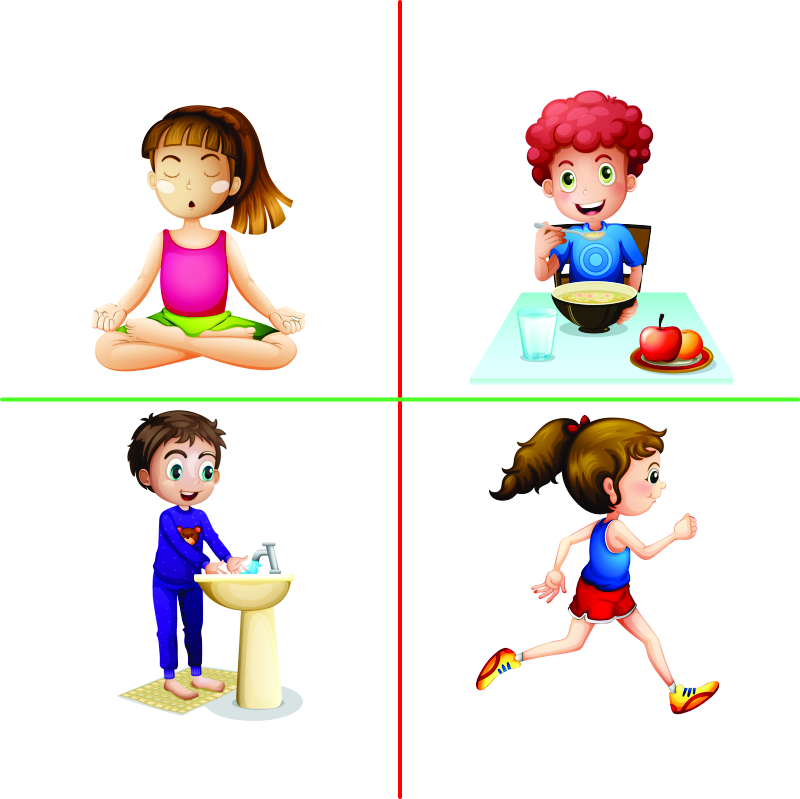Being a teacher as well as a mother, what I have observed in past few years, especially after Covid-19, is that kids are not ready to write anything. In classroom, students are actively participating in oral discussions but when they are told to express the same views in written form, they don’t want to or they will try to kill their time. Most of the time, their papers will be blank like they have nothing to express.
So, today, I want to share some tips with my readers on how to be a good writer:
- Be a good Reader first:
Develop a reading habit in yourself. Reading helps to develop a vast vocabulary. When you read different styles of writing, you structure a style of your own which can be impressive as well as motivational. Try to read good literature given by different authors and keep a dictionary with you to search the meanings of the words you were unaware of.
- Make Writing a habit:
Try to write something every day. It does not mean that you have to write hundreds of pages every day but writing should be a regular practice for you. Writing a little every day can help a lot. For Example: If you are learning something, write down the key points somewhere which will lead to more focus and clarity.
- Get feedback:
Getting feedback from your good friends, family or your teachers is a good way to check how another person is interpreting the content written by you. The person providing you with feedback might help in creating a new vision.
- Bring clarity to your mind:
Before you start writing, your thoughts or the ideas that you want to express, must be very clear in your mind. Ambiguity can lead to a wastage of all the efforts you did in writing. So, think clearly in mind first that what you want to convey to your readers.
- Use simple, clear sentences:
Your language should be clear and concise. Don’t use sentences with extra words and long, winding sections. If the sentence is very long then its better to break it down in 2-3 simple, short sentences.
- Review Grammar:
Writing with proper grammar and usage of proper spellings make the readers more interested in the text written by you. So, you must know when and where to use punctuation marks – colons, semicolons etc. Don’t forget that the pen is the tongue of the mind. If you want to change the world, pick up your pen and write.









.jpg)









